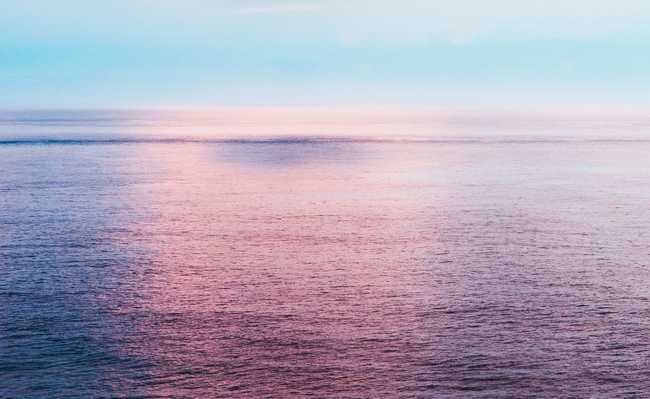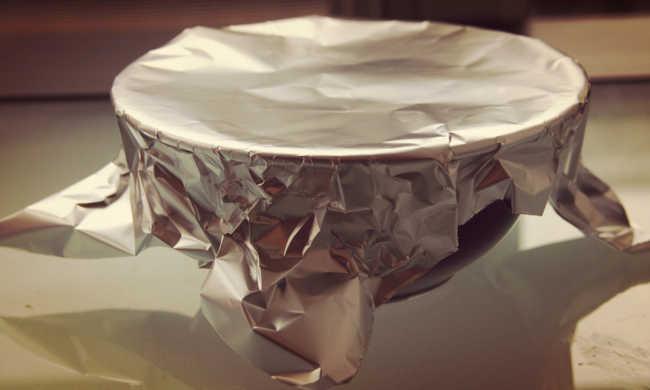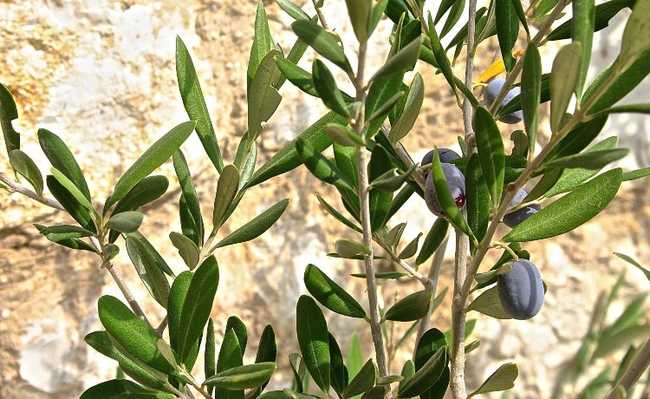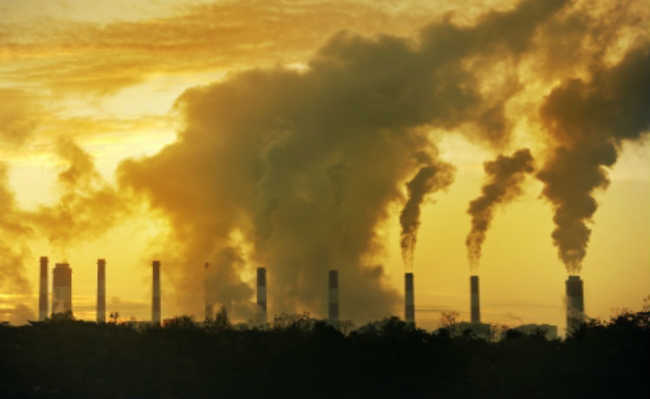World Oceans Day and its importance
The date of Rio-92 began to be celebrated and aims to draw attention to the situation of the oceans

Edited and resized image by Pawel Nolbert, is available on Unsplash
World Oceans Day, celebrated every year on June 8, aims to draw attention to the importance of the oceans and inspire initiatives that collaborate to protect them. This date began to be celebrated in 1992, during Rio-92, in the city of Rio de Janeiro.
The importance of celebrating World Oceans Day
The oceans have the important function of absorbing CO2 from the atmosphere, the main gas responsible for global warming. Furthermore, they are a means of transport, provide food and play a crucial role in balancing the global climate.
However, in recent years, the oceans have been under severe environmental threats. Oceanographers have found that the Pacific Ocean is decreasing its ability to absorb CO2 gas from the atmosphere, possibly due to the rise in the Earth's average temperature.
Global warming is also impairing the functioning of the thermohaline circulation, a phenomenon that, if significantly deregulated, can cause a considerable drop in temperatures. If the slowdown continues, Europe and other regions that rely on thermohaline circulation to keep the climate reasonably warm and mild can look forward to an ice age.
Another phenomenon that happens in the oceans and threatens marine life is ghost fishing. This illegal practice is what happens when equipment developed to capture marine animals such as fishing nets, lines, hooks and other traps are abandoned, discarded or forgotten in the oceans. These objects put all marine life at risk, because once trapped in this type of contraption, the animal ends up injured, mutilated and killed in a slow and painful way. Endangered animals such as whales, seals, turtles, dolphins, fish and crustaceans end up dead by drowning, suffocation, strangulation and infections caused by lacerations.
Ghost fishing does not move the economy, affects fish stocks that are often depleted and still remains as a live bait, attracting fish and other larger animals to the trap, which come in search of smaller prey that have become tangled up in the tangle of wires. It is estimated that, in Brazil alone, ghost fishing affects around 69,000 marine animals per day, which are usually whales, sea turtles, porpoises (the most endangered species of dolphin in the South Atlantic), sharks, rays, groupers, penguins, crabs , lobsters and shorebirds.
The aggravating factor is that these fishing nets are often made of plastic, a material that can take hundreds of years to decompose.
But fishing nets are not the only source of plastic pollution in the oceans. Incorrect disposal, industrial leaks and lack of concern about post-consumer plastic aggravate this scenario.
By 2050, it is estimated that the oceans will have more weight in plastic than in fish. Not to mention the oceanic plastic that enters the food chain and ends up in food and even in the human intestine. Learn more about this topic in the articles: "Understand the environmental impact of plastic waste on the food chain" and "What is the origin of the plastic that pollutes the sea?".
Thus, it is clear how important it is to promote World Oceans Day as a way to draw attention to this issue. To learn more about the initiative, check out www.worldoceanday.org.










